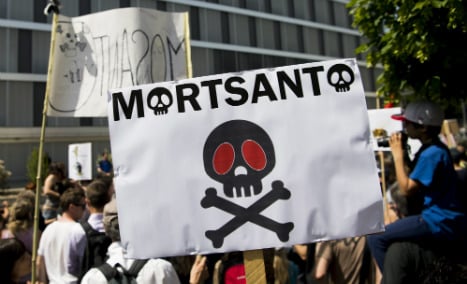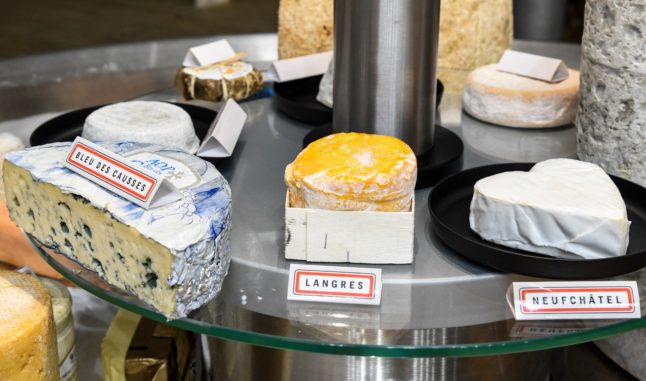“Nature, diversity and the quality of our food should not be crushed by the freedom-destroying steamroller of Bayer-Monsanto,” they declared in an open letter signed by more than 100 chefs, winemakers and patissiers.
“This new giant of seeds and pesticides has only one ambition – to control the complete food chain… citizens cannot stand by and watch their plates be filled with chemicals,” it added.
The chefs, who included the Argentina-born Mauro Colagreco, who runs the Mirazur restaurant on the French Riviera which was named the sixth best restaurant in the world earlier this year, said the EU was right to be worried by the merger.
The bloc is investigating the likely impact of the massive deal — the biggest ever undertaken by a German company — which would need the approval of regulators.
Monsanto's genetically modified crops, its herbicide Roundup and other pesticides “threaten cultural as well as agricultural diversity”, the chefs said in their letter published on the Atabula website.
“Without quality and healthy products and a diversity of crops, cooks can no longer exercise their creative talents,” added the letter, which was also signed by three-star Michelin chefs Yannick Alleno and Michel and Sebastien Bras.
Friends of the Earth have already labelled the tie-up a “marriage made in hell”.
“This mega corporation will be doing its best to force damaging pesticides and GM seeds into our countryside,” campaigner Adrian Bebb said in a statement.
The National Farmers Union in the US said the Bayer deal, along with other pending agricultural mergers, “are being made to benefit the corporate boardrooms at the expense of family farmers, ranchers, consumers and rural economies.”



 Please whitelist us to continue reading.
Please whitelist us to continue reading.
Member comments